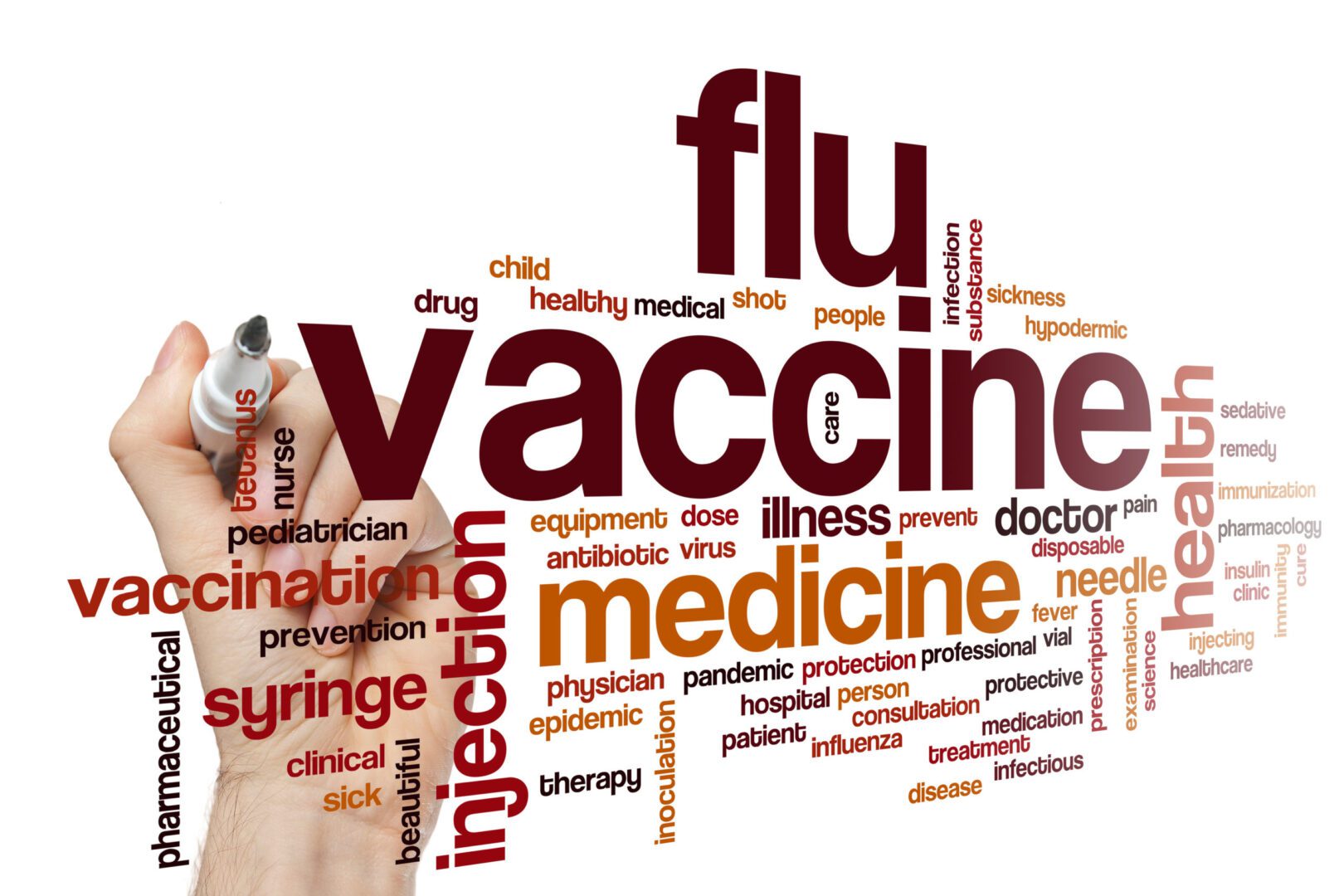What Do Vaccines Do?
Vaccines work by preparing the body to fight illness. Each contains either a dead or a weakened germ (or parts of it) that causes a particular disease.
The body practices fighting the disease by making antibodies that recognize specific parts of that germ. This permanent or longstanding response means that if someone is ever exposed to the actual disease, the antibodies are already in place and the body knows how to combat it and the person doesn’t get sick. This is called immunity.
Doctors
Our Specialists
Internist/Nephrologist Dr. Sheyla Zelaya and Internist Dr. Ana Karovska have built a model for their practice that centers on their patients as a whole, understanding the different dimensions of their needs and concerns.
Freequently asked questions
No, the immune system makes antibodies against a germ, like the chickenpox virus, whether it encounters it naturally or is exposed to it through a vaccine. Being vaccinated against one disease does not weaken the immune response to another disease.
The most common reactions to vaccines are minor and include:
- redness and swelling where the shot was given
- fever
- soreness at the site where the shot was given
Read Your Child’s Immunizations for details about each recommended immunization. You also can visit the CDC’s National Immunization Program website for more information about vaccinations.
And talk with your doctor about which immunizations your kids need. Working together, you can help keep your family healthy.



